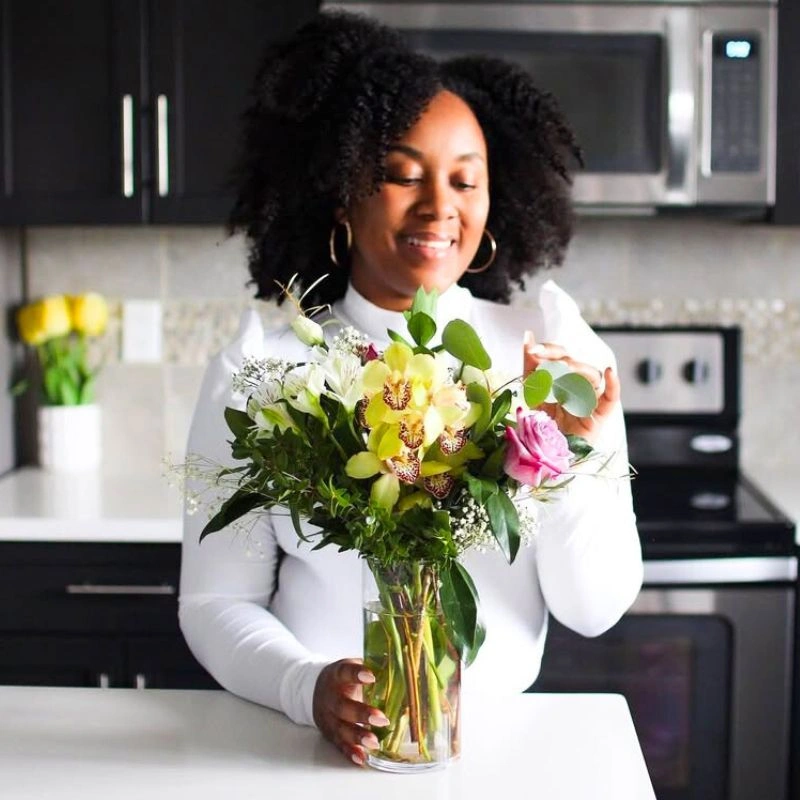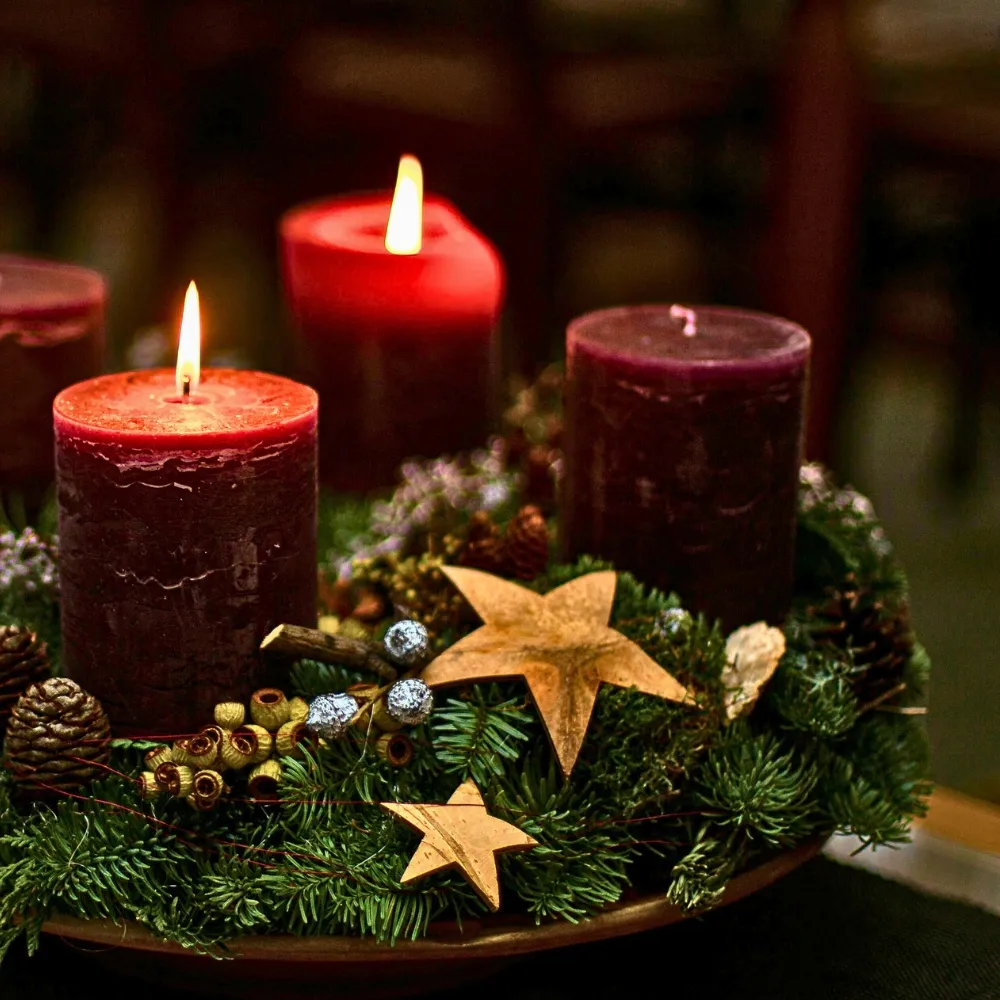Sending flowers after a divorce is not a common tradition everywhere, yet it can be a meaningful gesture when done with care. Divorce often leaves both parties navigating an emotional landscape that blends grief, relief, uncertainty, and hope for a new chapter. In such moments, words can feel inadequate or too direct, while a carefully chosen floral gift offers a gentler way to express sentiment.
In Japan, the meaning of a flower is never only in its beauty or scent—it is also in the message it carries. This is where hanakotoba, the Japanese language of flowers, comes into play. Rooted in a centuries-old tradition, hanakotoba assigns a specific meaning to each flower, allowing people to convey emotions and intentions through their floral choices. Incorporating this cultural lens when sending flowers after a divorce enables the gesture to convey a deeper, more deliberate message —one that considers both the moment and the recipient’s emotional state.
Understanding Hanakotoba: The Japanese Flower Language
The term hanakotoba translates to 'flower words', and it is a symbolic language developed in Japan to associate particular flowers with specific emotions, virtues, or intentions. While many cultures have a version of floriography, hanakotoba is distinct in its precision and its connection to Japanese art, literature, and ceremony.
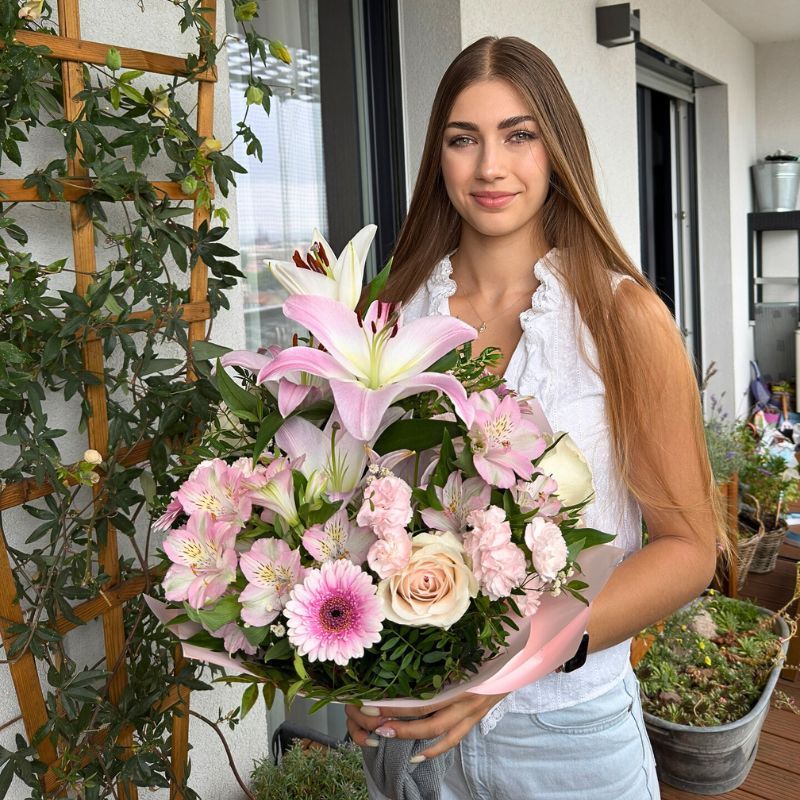
The origins of hanakotoba can be traced to Japan’s historical periods when seasonal and symbolic flowers were deeply embedded in poetry and aristocratic court culture. By the late 19th century, as Japan absorbed foreign influences, the symbolic meanings of flowers became formalised and adapted into a uniquely Japanese code. Today, hanakotoba still appears in ikebana (flower arranging), gift-giving etiquette, and even modern pop culture, from novels to television dramas.
Because of this embedded cultural history, hanakotoba is more than a decorative idea—it is a social signal. Sending flowers in Japan without understanding their meaning can unintentionally send the wrong message. This is why, in sensitive situations like post-divorce gestures, learning the nuances of the Japanese flower language can help ensure the sentiment is both thoughtful and appropriate.
How Flower Language in Japan Can Shape Post-Divorce Gestures
A divorce, regardless of its circumstances, marks an ending and often a new beginning. For some, it’s a release from difficulty; for others, a profound loss. In either case, the emotions are layered, and any gesture should acknowledge that complexity.
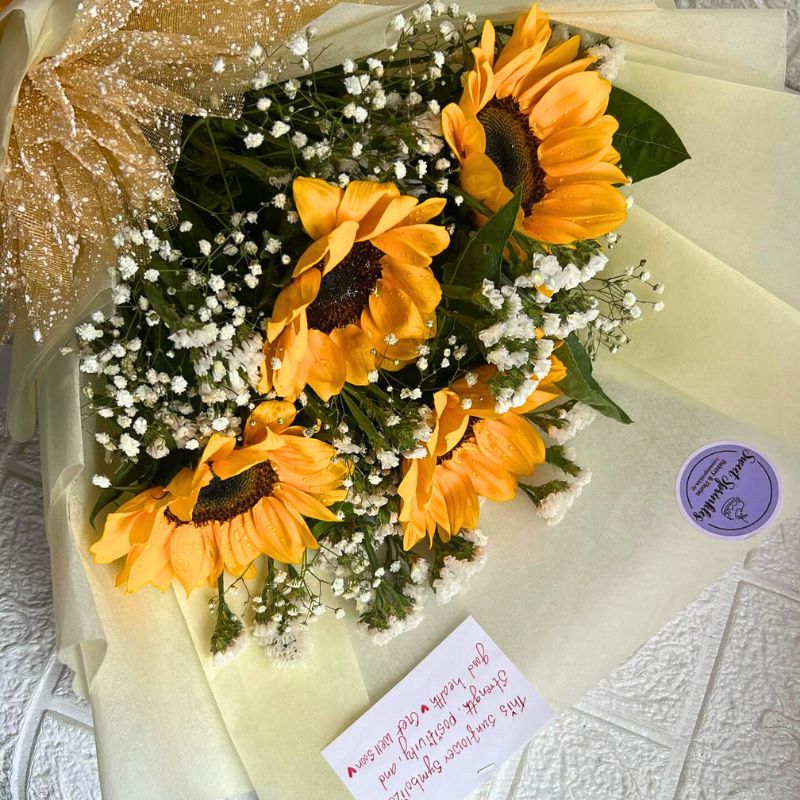
In the context of hanakotoba, flowers chosen for a post-divorce gift can act as a quiet conversation. A sunflower might be read as admiration and warm respect, a white Chrysanthemum as honesty and sincerity, and a Camellia as deep consideration for the recipient’s future. These meanings are not random—they are embedded in the cultural framework of flower language Japan has developed over time.
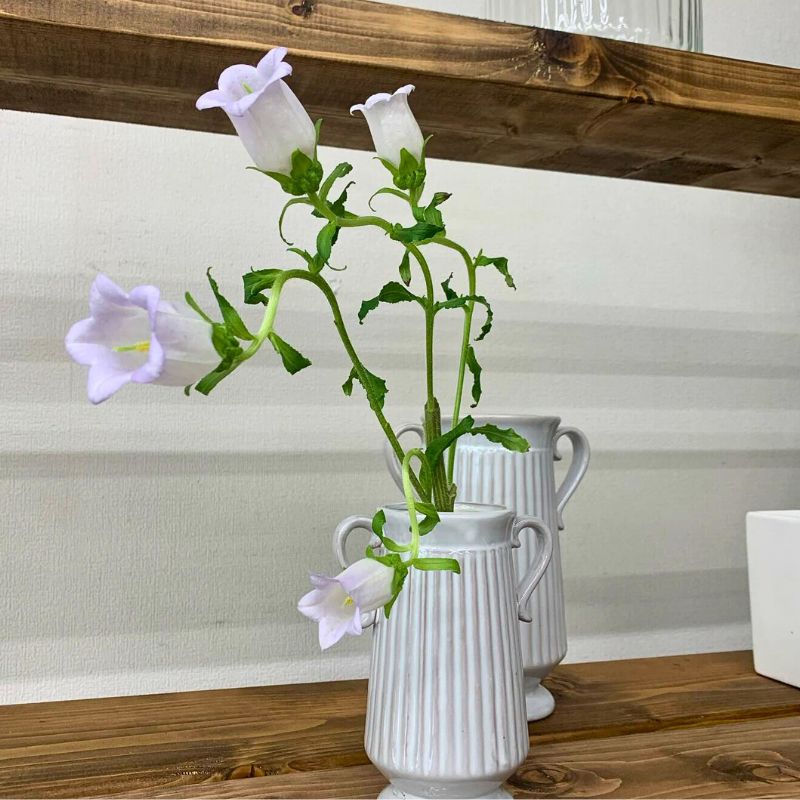
Choosing flowers through hanakotoba is especially useful when you want to be present in someone’s life without intruding. It allows you to show empathy without forcing conversation, to offer encouragement without making assumptions about how the recipient feels. This sensitivity is what makes the Japanese flower language so fitting for moments that are both personal and complex.
Choosing the Right Flowers Through Hanakotoba
Selecting flowers with hanakotoba in mind requires both knowledge and empathy. Here are several flowers whose meanings are especially relevant in a post-divorce context:
White Lily – In hanakotoba, the white lily often represents purity and dignity. Sending it after a divorce can express the wish for the recipient to step into their next chapter with grace, free from judgment.
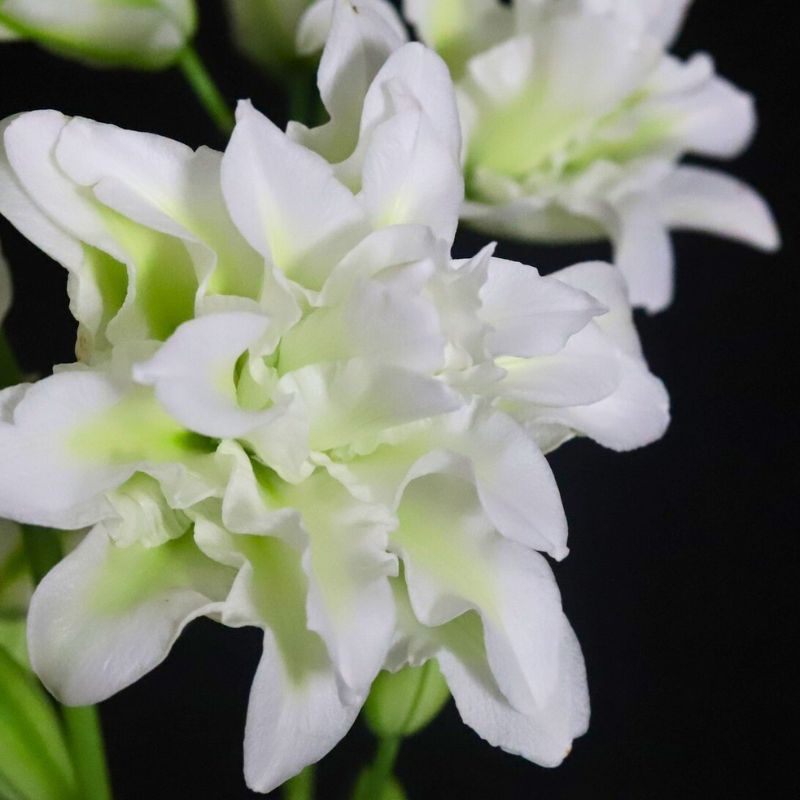
Forget-Me-Not – This flower speaks of remembrance and loyalty. While divorce signals a separation, sending forget-me-nots can acknowledge the shared history while still honouring the need for change.
Sunflower – Associated with admiration and positive regard, the sunflower can communicate respect for the recipient’s strength and a warm wish for their future.
Cherry Blossom – In Japanese culture, cherry blossoms symbolize the fleeting nature of life and new beginnings. They can be a gentle reminder that every ending makes way for a fresh start.

White Chrysanthemum – While chrysanthemums have varied meanings around the world, in hanakotoba, the white Chrysanthemum carries associations with honesty and truth. It can signal openness and transparency, making it a fitting choice when closure is part of the message.
Camellia (Tsubaki) – Depending on the color, Camellias have slightly different meanings. A pink camellia suggests longing and admiration, while red can signal deep love and respect. In the post-divorce context, the softer tones are often more suitable.
Peony – In hanakotoba, the peony is linked with honour and a noble spirit. Sending peonies can be a way to acknowledge the recipient’s dignity during a challenging life transition.
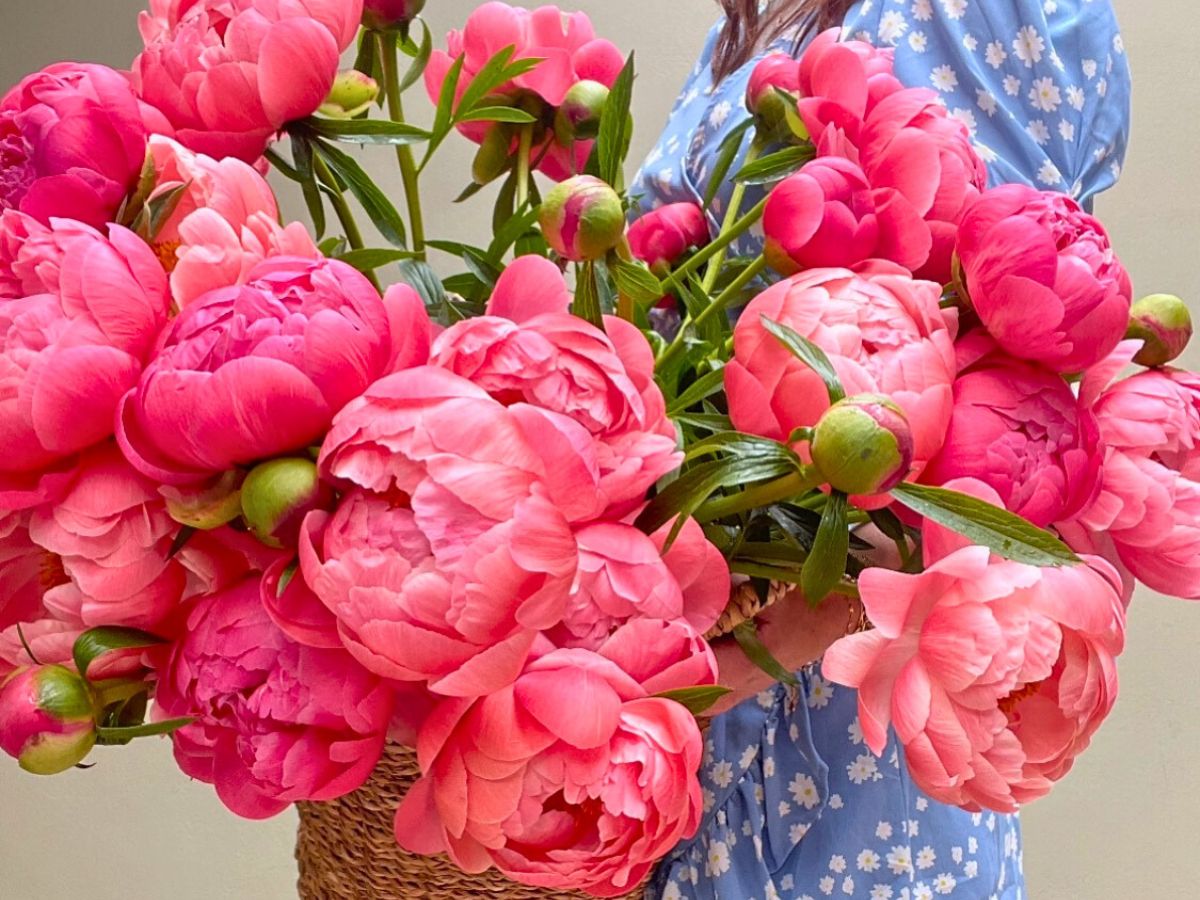
On the other hand, some flowers are best avoided after a divorce in Japan. The red spider lily, for instance, carries meanings tied to separation and final partings, and while that might suit certain messages, it often comes across as too final in a reconciliation or supportive context. Similarly, yellow chrysanthemums, associated with neglected love, could be misinterpreted.
Cultural Sensitivity and Cross-Cultural Interpretation
One of the strengths of hanakotoba is its clarity for those who understand it, but that can also be a limitation. Outside of Japan, or among those unfamiliar with the tradition, these meanings may be lost. This is why it’s important to decide whether your gesture is meant to be universally understood or culturally specific.

If the recipient is Japanese or has a strong interest in Japanese traditions, a hanakotoba-informed bouquet can be a meaningful and personal touch. If they are not, you can still let hanakotoba guide your selection while including a short message explaining why you chose each flower. This not only prevents misunderstanding but also adds depth to your gift by sharing the tradition itself.
In moments when words fall short, flowers can step in as a form of unspoken communication. Hanakotoba refines that communication into something deliberate, layered, and rooted in cultural history. Sending flowers after a divorce is not about erasing the past or glossing over pain—it is about offering a gesture that respects the moment, acknowledges the complexity of emotions involved, and leaves space for the recipient’s process.
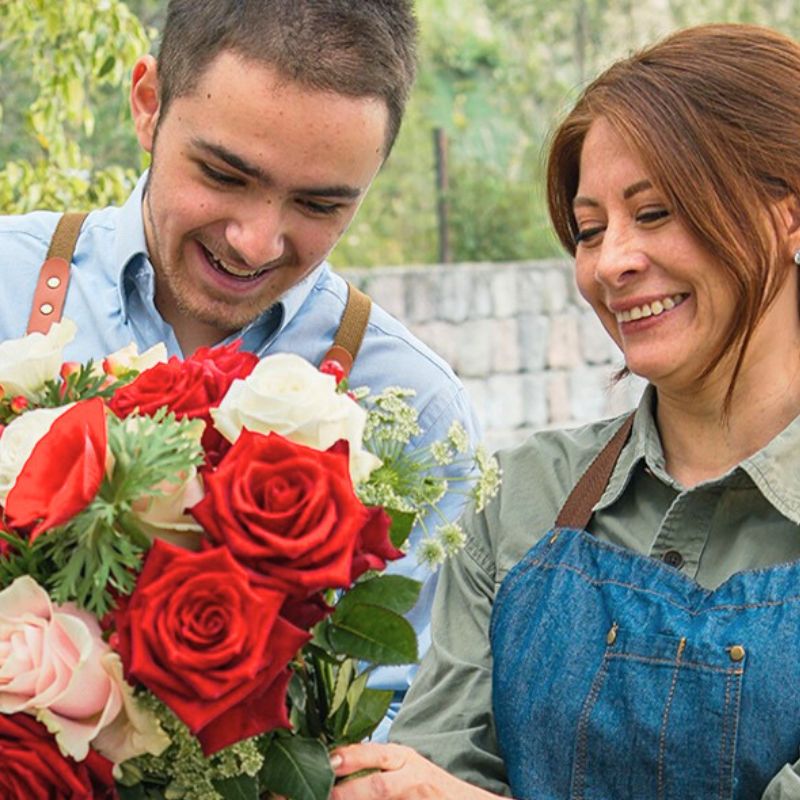
When used thoughtfully, the Japanese flower language can help you express support, closure, or encouragement in a way that resonates long after the flowers have been placed in a vase. Whether the recipient is fluent in hanakotoba or hearing about it for the first time, your awareness of the meaning behind each stem ensures that your gesture is one of genuine care.





